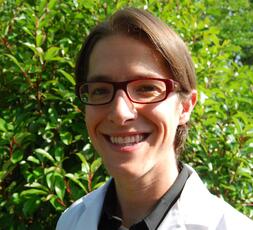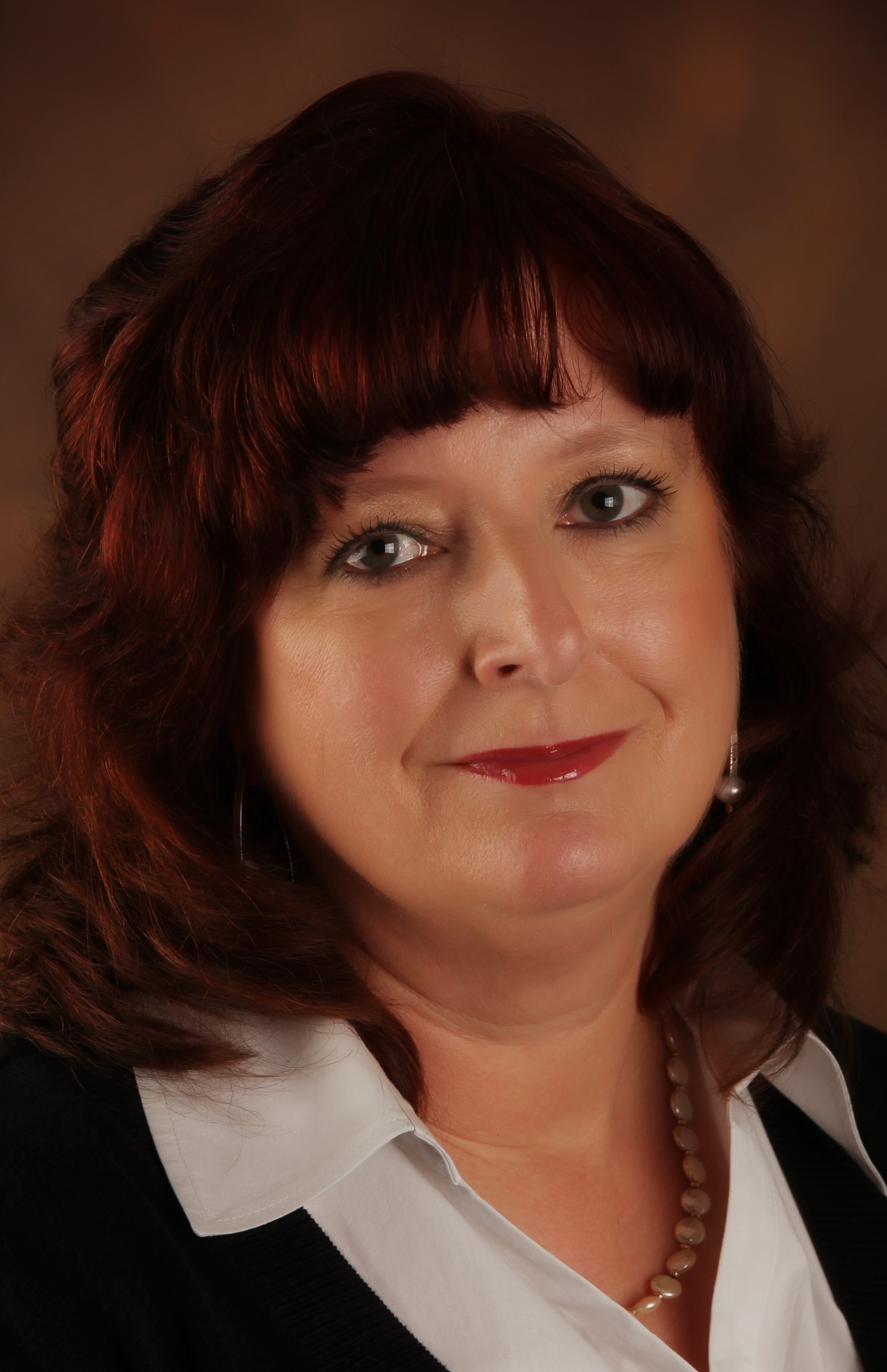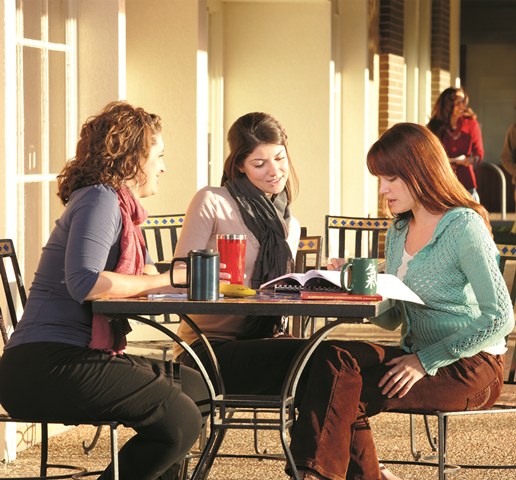When I came to AOMA, all I really knew was that this stuff was magic and I wanted to do it. I knew very little about traditional Chinese medicine, although I was fairly learned in general Taoism. It was a long path, beginning in my religious studies curriculum in my undergrad program that culminated with me enrolling here ten years later. I changed a lot in that time, but I’ve changed more since.
I started in the program having most recently worked as a sixth-grade teacher, something I knew I never wanted to do again. But I got into that business to “help people”, or whatever I assumed would bring some personal value to my professional life. This would be a one-on-one version of helping people, and that was something I’d never really done. Also, I would be touching people familiarly, which I’d also never done. I was nervous, but it was still very theoretical at that point, and clinic was still two years away.
I felt very at home in class from the outset. I’ve been a scholastic overachiever my whole life, so reading interesting texts, listening to brilliant professors, and getting A’s on tests fit right into my established personality. Only in Point Location did I really start to see a different side of the coin: we’d be touching each other, and we’d be taking our clothes off in front of each other to some extent. I’m modest and wasn’t particularly excited about this second part. But I realized immediately that this business required people taking their clothes off in front of me. I challenged myself and volunteered to be a Point Location model anytime it could be embarrassing, and eventually got pretty comfortable with it.
I made some friends my first term, but they moved on without me when my father died during my second term and I withdrew. I joined the next cohort and had to reestablish myself. It took some time, but I forced myself to be open to the new class, partially because they were with me all the time and partially because it was an exercise in fighting my shyness and practicing networking, neither of which come naturally to me.
My father’s death had a profound effect on my time at AOMA. I questioned my new path and decided his death didn’t change what I was going to do. But depression settled into the lives of my wife and me, and I took little pleasure in anything. But somehow, at school I didn’t feel the same. I was working on something larger, and I was able to divorce my emotional turmoil from my sense of purpose in my education. Still, I was always cognizant of an inescapable fact: I would never have the opportunity to put needles in my dad.
There is a varied student body at this school. My wife and I threw a Super Bowl party every year, and one year I realized I was sitting on my couch between two doctors, one a chiropractor and one a naturopath. I never previously saw myself as being in a social circle with doctors, but there I was. Equally notable among students are the esoteric, energy-focused students, the kind who always know what the moon is doing, the kind who regularly speak about feeling the love in a group or about their heart energies opening. I am not this kind of person. I am analytical. I majored in English because it interested me, not because it came naturally to me. The theoretical and informational aspects of this education are right in my wheelhouse. The energetic, esoteric aspects I’ve had to develop, and in this I am still very incomplete and must continue to progress in it.
Herbs was the first subject here that really tested me. It was more information than I’ve ever had to learn, with more detail and various angles than I’m used to dealing with. I actually had to study, and this was difficult. I made myself do it, and I found that I could be successful in it. This gave me more confidence that I was doing the right thing.
By far, the clinical education in this program has been the most transformative. I’ve seen the power of the medicine promote healing, even when I thought I’d performed a sub-par treatment. I’ve seen patients cry right in front of me, and I’ve learned how to maintain a professional but caring presence for them. I’ve grown comfortable with touching patients of all genders, sizes, and ages. I’ve seen the ravages of disease, both physical and psycho-spiritual. I’ve learned what it means to have a level of trust put in me that I would have previously thought impossible. I’ve feigned confidence, and then grown into it. In my time in clinic, I’ve felt myself grow from a student into an acupuncturist, and I like the way it feels.
As I graduate and move into this profession, I must stay motivated. Typically, I excel in formal classes, because I feel a sense of obligation to the professor and I want to get good grades. I usually want to use my free time to read fiction and watch movies. But now there are many aspects of my professional career that I need to study, and I must study to promote my abilities. Initially, I will focus on subjects to support building a new business, accepting insurance, recognizing red flags. I feel that I still need significant practice with herbal medicine to be truly effective, and I have several resources that I will begin studying, primarily from a Classical viewpoint. I also want to continue developing my acupuncture technique, and I think I will focus first on perfecting my mirroring and imaging techniques and on Master Tong acupuncture. This is just the beginning of my life-long learning in the field of acupuncture and Chinese medicine.
Concerning the educational outcomes at AOMA, I would say I feel very confident in collecting and analyzing patient data, producing a correct diagnosis, and coming up with a solid treatment, both with acupuncture and with herbs. I have a fair understanding of the basics of biomedical assessment. I’m comfortable with recognizing red flags or important times for referrals, as well as in basic physical assessment for range of motion and determining involved structures. I’ve grown more effective in including the patient in their treatment in a collaborative way, but I can continue to improve. I want buy-in, I want their trust, I want their compliance, and collaboration is the best way to earn these. I’m confident in my literature reviews and outcome measures of any single patient, though I must stay on top of current studies and outside literature to continue to increase my efficacy.
I’m comfortable with my professionalism at this point. I believe that I act, behave, and perform in this medicine as professionally as I possibly can at this point. I have a strong sense of medical and personal ethics, and I keep the good of the patient always at the forefront. This is not to say that I cannot continue to improve. I can, and I will. I truly do believe in the utmost importance of true rectitude and professionalism. I believe that what we as acupuncturists, moxibustionists, and herbalists can drastically alter the health outcomes for a wide range of people, and eventually for the Western medical landscape as a whole.
As I look back at this educational experience, the place that I have the most room for improvement is in implementing what I’ve learned in my own life. At times, I feel like a dried-out husk of a person. As a new father and soon-graduate, I’ve been burning the proverbial candle on both ends, as well as in the middle. I picture my adrenals as a couple of dehydrated raisins. Finally, in just one week, I will again have some time to devote to myself and my own health. I know the transformative abilities of qigong, daily exercise, regular acupuncture treatments, meditation, herbal intake, and rest. For the most effective clinical outcomes, I want my clients to grow in each of these areas. It is now time for me to do the same. I need to show my clients that I buy what I’m selling, and that I’m the better for it. It’s time for me to be an example of a life well lived and enriched by Chinese Medicine.
 Bryan Ellett, MAOM, L.Ac.
Bryan Ellett, MAOM, L.Ac.
Bryan was first introduced to acupuncture while studying Eastern religion at SMU. When acupuncture successfully treated his own allergies and saved his wife from undergoing surgery, he decided to pursue this ancient science as a full-time career. Bryan graduated from the prestigious AOMA Graduate School of Integrative Medicine in Austin where he was recognized as a top student of acupuncture, herbology, and Asian bodywork. He is licensed by the Texas State Board of Medical Examiners and is board certified by the NCCAOM. Bryan has training in modern biomedicine, allowing him to work together with physicians to address varying health issues. In his clinical practice, he has successfully treated clients for a wide variety of conditions including digestive disorders, pregnancy-related discomforts and menstrual irregularities, emotional issues, smoking cessation, chronic hepatitis, vertigo, sports injuries, and chronic pain. Most recently, he edited a book on pediatric acupuncture with respected physician and acupuncturist Dr. Jamie Wu. He speaks conversational and medical Spanish, and is trained in cosmetic acupuncture.
Bryan believes that the best way to benefit the world is to enrich his corner of it, which is why he is committed to staying local and treating the people in his very own neighborhood. When he is not curing what ails his community, Bryan can be found playing frisbee golf, strumming his guitar, or reading. He lives in Lake Highlands with his wife Heather, young son Emerson, loud dog Capote, and ornery cat Syd Franklin.
Lake Highlands Acupuncture serves the communities of Lake Highlands, East Dallas, Garland, Mesquite, and Richardson, Texas.

 Kathy Kerr, LAc, MAcOM, AOBTA, is an Acupuncturist practicing in Georgetown, TX. She graduated from AOMA in 2008 and has taught several brown bags and business development classes. Her undergrad is in marketing and management, and foreign language. Kathy lives in Round Rock with her husband, two dogs and a bird named Qing Long. Visit her website here: www.orientalmedicineassociates.com.
Kathy Kerr, LAc, MAcOM, AOBTA, is an Acupuncturist practicing in Georgetown, TX. She graduated from AOMA in 2008 and has taught several brown bags and business development classes. Her undergrad is in marketing and management, and foreign language. Kathy lives in Round Rock with her husband, two dogs and a bird named Qing Long. Visit her website here: www.orientalmedicineassociates.com.


 Bryan Ellett, MAOM, L.Ac.
Bryan Ellett, MAOM, L.Ac.

